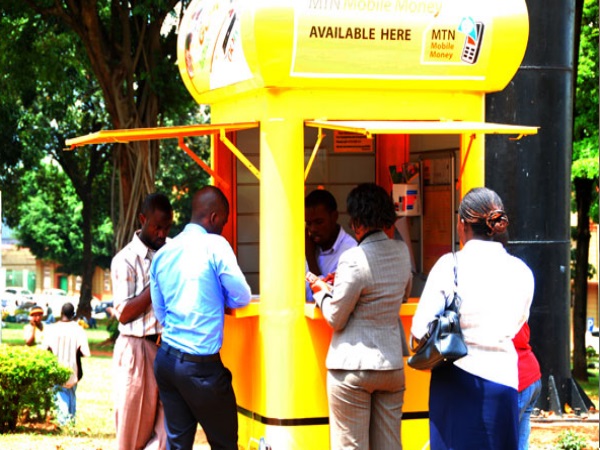More than ten million Ugandans are actively using the Mobile Commerce platforms driven by phone handsets in cash transactions worth nearly five trillion shillings in turn over each month. “It is a digital platform that is going to manage everything from your salaries, from your taxes to trading, name it. And to a certain extent, we were a bit late, we should be far ahead on transforming these laws and it’s not a question of sitting here and write laws, we have to do thorough benchmarking.” Said, Godfrey Mutabazi – Executive Director, UCC.
Even when there were widespread concerns about the low level of financial inclusion in Uganda. “Every 10% of people spend more than they earn in Uganda and probably I am one of them I have to confess. Half, nearly half, 30% don’t have enough food to eat and over 64% nearly two-thirds do not have emergency funds to avoid falling into poverty when there is a shock of an economic crisis or a drought as recently been the case.” Said, Adrian Green – DFID, Head of Growth & Development.
The net effect of low savings in Uganda is partly being blamed for the high cost of credit. “The financial inclusion inside struggle from Gates Foundation shows that six in ten of Ugandans were financially excluded. Once again the numbers are unacceptable, we are in the process of launching the new Windsor survey so we do hope to have a change in the numbers next year.” Said, Jacqueline Musiitwa – Executive Director, FSDU.
In widening of inclusion, the Ministry of Trade, Industry, and Co-operatives will rely on a new partnership with the financial sector deepening that targets Micro Small and Medium Enterprises. “To enable them to access sustainable financial services by leveraging their preparedness and enhancing the willingness of financial service providers to lend to SMEs.” Said, Michael Werikhe – Minister of State for Trade.

